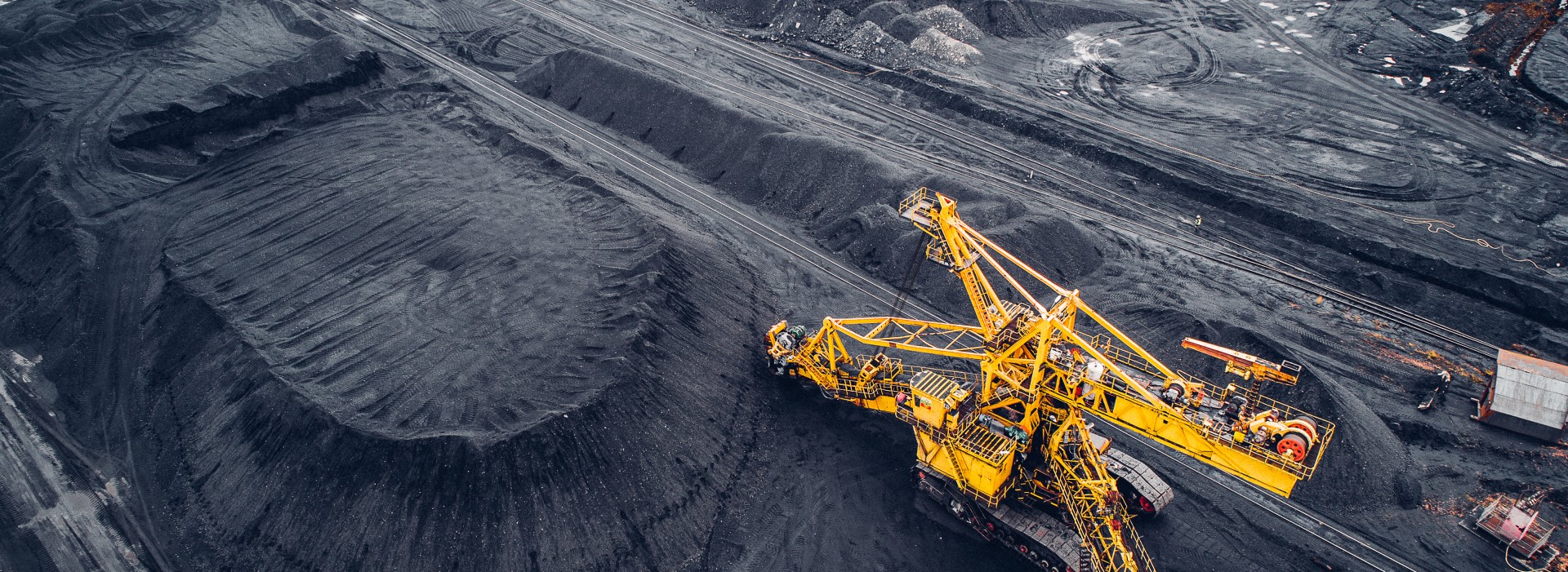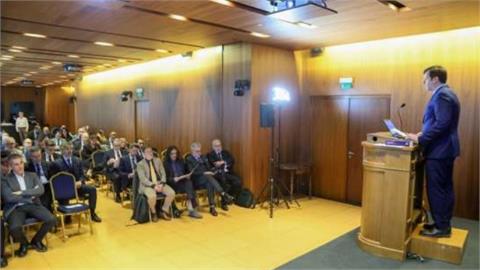On August 4 the Financial Times published a letter,in both their electronic and print editions, by IENE's chairman, Mr. Costis Stambolis, in which he argues that the EU has a binding obligation to pay in full the costs to all local communities affected by its ambitious decarbonisation plans.
EU's new green agenda,says IENE's chairman, raises the very legitimate issue of compensation to workers and communities alike who will become redundant as a result of EU's ill conceived decarbonisation plans.
"Adding insult to injury", notes Stambolis, "the EU's recent summit agreed to reduce available funds for coal Transition as part of the horse trading involved to cap the stimulus package. However,as the EU is so keen to save the planet and reorganise the energy mix to that end, it has a binding obligation omtake care and fully fund the employment transition of the communities involved. Anything else will be sheer robbery, in the sense of benefiting only the advanced economies of the block", says IENE's chairman. The full letter as published by the Financial Times follows:
Letter: Coal communities should be part of EU green plans
Sir, the excellent article by James Shotter and Agata Majos ("Poland debates the future of coal”, FT Big Read, July 29) raises the very legitimate issue of compensation to workers and communities alike who will become redundant as a result of EU’s ill-conceived decarbonisation plans.
As it is rightly pointed out in the article "a coal exit in Poland’s power sector . . . would have a huge spill over effect”. Not only will jobs in coal mining and power plants be permanently lost, but the communities involved will greatly suffer as the major activity on which they depend will suddenly vanish. This will happen because the EU has agreed on tight decarbonisation schedules, unlike the UK, where the coal communities had time to adjust. Now coal mining communities across south east Europe in countries like Greece, Bulgaria, Romania and Serbia are facing a similar, if not worse, predicament to that of Poland.
It is true that funds on offer from the EU to support the green transition will provide some comfort to coal regions but will by no means enable them to make the switch to clean energy and create alternative employment for all. Adding insult to injury the EU’s recent summit agreed to reduce available funds for coal transition as part of the horse-trading involved to cap the stimulus package.
However, as the EU is so keen to save the planet and reorganise the energy mix to that end, it has an obligation to take care and fully fund the employment transition of the communities involved.
Costis Stambolis Chairman, Institute of Energy for SE Europe (IENE) Athens, Greece




